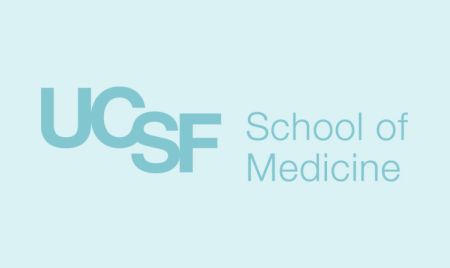Medical Students Improving Health Systems: Interprofessional Projects Showcased at the Second Annual CMC Symposium
School of Medicine students discuss their CMC projects
As part of their Clinical Microsystems Clerkship (CMC) in the Bridges Curriculum, first-year UCSF medical students spend 16 months immersed in an interprofessional, team-based clinical environment, where they learn clinical skills and complete a longitudinal health systems improvement project to address urgent healthcare challenges.
In the CMC, students advance their knowledge of foundational sciences gained in the classroom, and provide students the opportunity to improve patients’ care through systems improvement efforts in a clinical setting early in their training. Instrumental to the success of students’ work in the CMC is the invaluable support of students’ Bridges Coaches—clinician educators who provide advice, assistance, and encouragement in all aspects of our students’ education and professional development. A team of over 50 coaches collectively support the growth and success of the School’s medical students and help shape them into 21st Century physicians equipped to tackle today’s most pressing health care challenges.
On November 28, 53 projects were featured in the second annual UCSF School of Medicine CMC Health Systems Improvement Symposium, which showcased the work of over 150 medical students over the course of their work in the CMC.
“The symposium illustrates how UCSF medical students are embracing the skills of systems-based science to build an outstanding health care system and advance health worldwide,” said Catherine Lucey, MD, Executive Vice Dean and Vice Dean for Medical Education. “Before they have written a prescription, sought consent for a procedure, or admitted a patient, our medical students have already helped improve care.”
This year, four CMC projects were especially highlighted to feature clinical work aimed at improving hypertension control in African Americans; post-operative opioid management after gynecology oncology surgery; patient compliance with outpatient appointments after inpatient psychiatry care, and; hepatitis C treatment in the women’s health clinic at the San Francisco VA Hospital. These projects resulted in measurable advancements in systems improvement, interprofessional collaboration, health care efficiencies, and patient wellness. Several overall, collective key learnings were that:
- Interprofessional collaboration is essential to systems improvement
- Soliciting patient feedback promotes the success of interventions as well as patients’ perceived levels of care
- Even simple interventions can be impactful and sustainable in improving patient care and promoting the efficiency of care teams
- Quality improvement projects improve students’ experience in the CMC
“Students are using clinical microsystems to understand and identify opportunities for improvement and work effectively with other healthcare providers to improve quality and value,” said Edgar Pierluissi MD, Professor of Clinical Medicine, Medical Director of the Acute Care for Elders Unit, and CMC Co-Director, CMC Health Systems, who helps lead the CMC and supports the work of CMC Director Anna Chang, MD, Professor of Medicine. “We know that medicine as a profession is constantly in flux. This work in quality and health systems improvement will equip our students for their roles as leaders in medicine.”
Review a list of featured CMC projects and the posters viewing guide.









